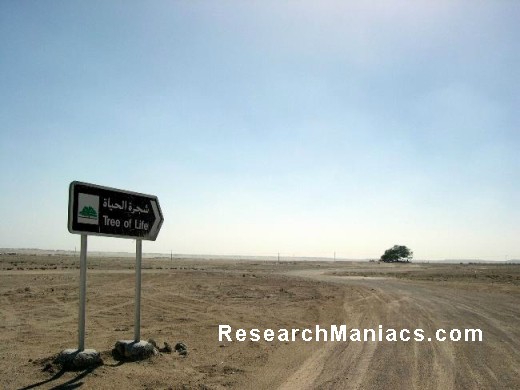Bahrain
Information about Bahrain
In 1783, the Sunni Al-Khalifa family captured Bahrain from the Persians.
In order to secure these holdings, it entered into a series of treaties with the UK during the 19th century that made Bahrain a British protectorate.
The archipelago attained its independence in 1971.
Facing declining oil reserves, Bahrain has turned to petroleum processing and refining and has transformed itself into an international banking center.
Bahrain's small size and central location among Persian Gulf countries require it to play a delicate balancing act in foreign affairs among its larger neighbors.
In addition, the Sunni-led government has struggled to manage relations with its approximately 70% Shia-majority population.
During the mid-to-late 1990s Shia activists mounted a low-intensity uprising to demand that the Sunni-led government stop systemic economic, social, and political discrimination against Shia Bahrainis.
King HAMAD bin Isa Al-Khalifa, after succeeding his late father in 1999, pushed economic and political reforms in part to improve relations with the Shia community.
After boycotting the country's first round of democratic elections under the newly-promulgated constitution in 2002, Shia political societies participated in 2006 and 2010 in legislative and municipal elections and Wafiq, the largest Shia political society, won the largest bloc of seats in the elected lower-house of the legislature both times.
Nevertheless, Shia discontent persisted, often manifesting itself in street demonstrations and occasional low-level violence.
In early 2011, Bahrain's fractious opposition sought to ride a rising tide of popular Arab protests to petition for the redress of popular grievances.
In mid-February, a vanguard of hardline activists - who reject the legitimacy of the Al Khalifa regime and have sometimes instigated low-level violence - organized demonstrations in Shia neighborhoods demanding a new constitution, release of hundreds of Shia prisoners, and an end to discriminations in all sectors of society.
Cycles of protestor deaths, funerals, and clashes with security forces ensued, escalating domestic tensions.
The government's offers of modest political and economic concessions went nowhere as did the king's "national dialogue" with the opposition.
In mid-March 2011, with the backing of Gulf Cooperation Council (GCC) capitals - especially Riyadh and Abu Dhabi - King HAMAD put an end to the mass public gatherings and increasingly disruptive demonstrations by declaring a state of emergency and authorizing the military to take all measures to "protect the safety of the country and its citizens.
" Manama also welcomed a contingent of mostly Saudi and Emirati forces as part of a GCC deployment intended to help Bahraini security forces maintain order.
By mid-April security forces had largely relegated demonstrations to outlying Shia neighborhoods and villages, and negotiations between the government and opposition reached a stalemate.
Manama exacted retribution against opposition groups and their supporters through mass firings, arrests, and sectarian incitement.

Above picture: The Tree of Life is one of Bahrain's major tourist destinations; it is located in the middle of the desert and somehow has survived for hundreds of years with no obvious source of water.
|
|
|
|